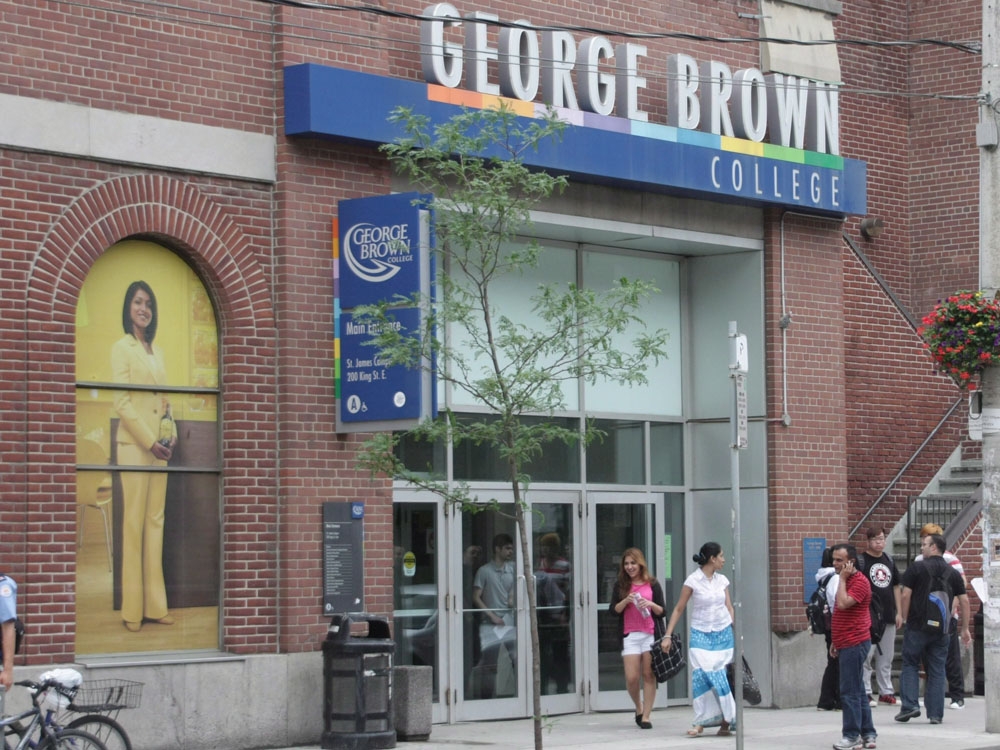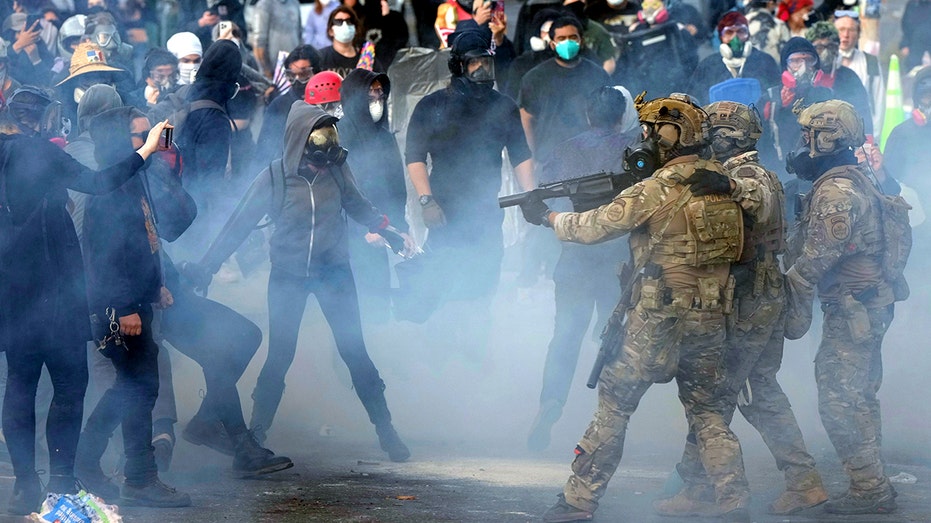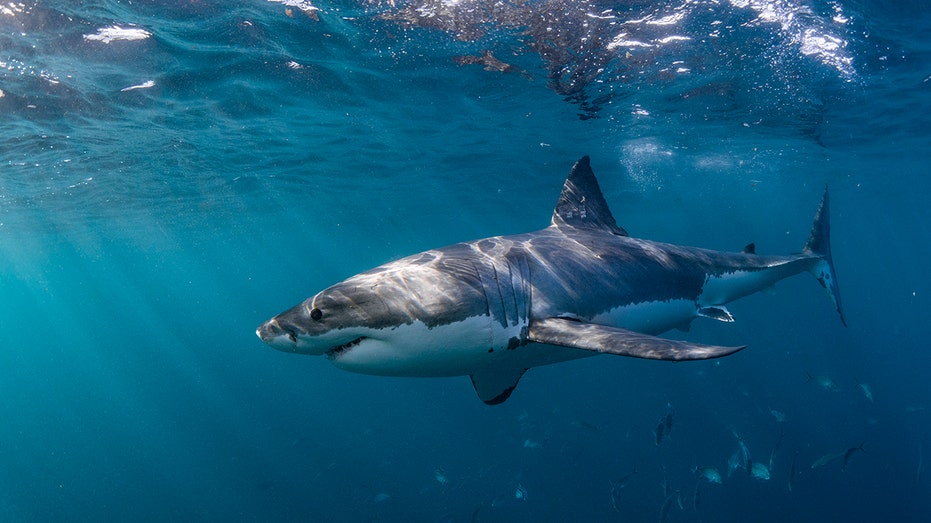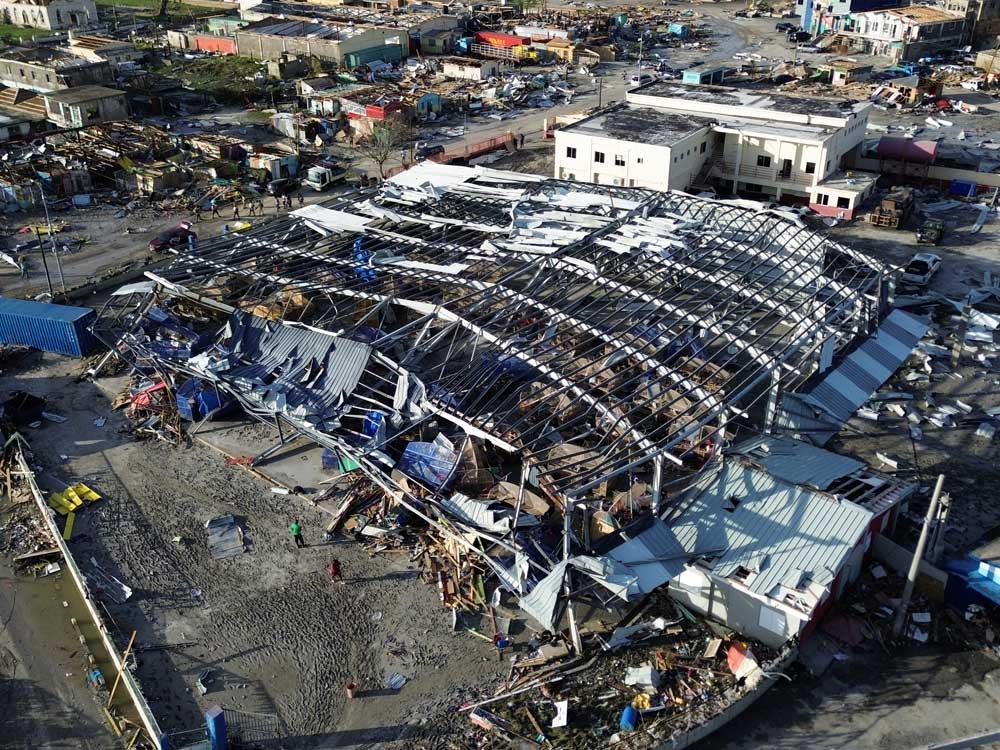A harrowing scene unfolded on a Mississippi interstate when a truck carrying research animals overturned, unleashing chaos and fear. The vehicle, transporting twenty-one rhesus macaques, lay tilted and broken amidst the roadside grass, a stark image of the accident.
Initial reports painted a grim picture, fueled by urgent warnings from local authorities. A Facebook post from the sheriff’s department declared the escaped monkeys posed “potential health threats,” specifically citing concerns about hepatitis C, herpes, and even COVID-19. The announcement sparked immediate alarm and disbelief among residents.
Sheriff Randy Johnson described the monkeys as “aggressive” towards humans, a detail that heightened the sense of danger. The initial assessment indicated six monkeys had escaped, but the situation quickly evolved, with authorities later confirming three remained at large, venturing into nearby wooded areas.

The driver of the truck relayed critical information to responding officers, emphasizing the monkeys’ dangerous nature and the necessity of personal protective equipment for handling them. This prompted a swift, and ultimately controversial, response from law enforcement.
In a move that drew immediate scrutiny, all but one of the escaped monkeys were “destroyed.” The decision, based on the information provided by the driver and the initial health concerns, was described by the sheriff’s department as taking “appropriate actions.”
However, the narrative took an unexpected turn as Tulane University, the institution connected to the research facility, swiftly intervened. They released a statement emphatically clarifying that the rhesus macaques were, in fact, pathogen-free, having recently undergone thorough health checks.

Tulane stressed that the primates were not their property, nor were they under their transport or custody. They dispatched a team of animal care experts to assist with the situation, despite not being directly involved in the transport itself.
The university’s statement directly refuted the earlier claims of disease transmission, revealing the monkeys had been confirmed clear of hepatitis C, herpes, and COVID-19. This revelation cast a shadow over the initial response and raised questions about the accuracy of the information relayed to authorities.
Rhesus macaques are frequently utilized in medical research, serving as vital models for testing vaccines and medications due to their biological similarities to humans. The incident underscores the complex ethical considerations surrounding animal research and the importance of accurate information in emergency situations.

The fate of the final, remaining monkey remains uncertain, as authorities continue to search the surrounding wooded areas. The incident serves as a stark reminder of the potential risks associated with transporting research animals and the critical need for clear communication and accurate assessments during emergencies.






